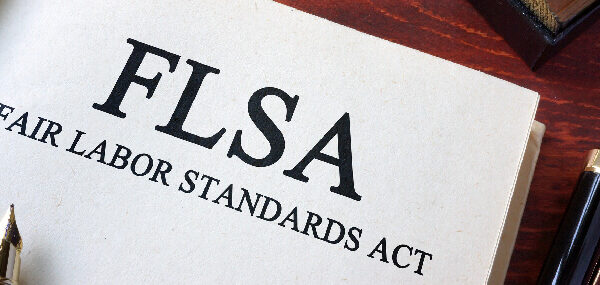A recent Wisconsin Court of Appeals decision provides insight into how courts will interpret a 2013 revision to Wisconsin’s unemployment insurance benefits law.
Under that 2013 revision, terminated employees can be disqualified from receiving unemployment benefits if the employee’s “substantial fault” resulted in the employee’s termination.
Unfortunately, the legislature did not clearly define what “substantial fault” means.
Instead, the legislature defined what is not substantial fault:
- one or more minor infractions of rules unless an infraction is repeated after the employer warns the employee about the infraction; or
- one or more inadvertent errors made by the employee; or
- any failure by the employee to perform work because of insufficient skill, ability, or equipment.
The recent case of Operton v. Labor and Industry Review Commission shows how difficult it may be to prove that even multiple employee errors could constitute “substantial fault,” if the errors are not intentional ones.
In Operton, the Wisconsin Court of Appeals held that an employee who was repeatedly disciplined and ultimately discharged for a series of “cash handling errors” could not be denied unemployment benefits under the “substantial fault” exception.
The court reasoned that repeated inadvertent errors, even if warnings are given, do not constitute “substantial fault” under the statute.
The court further concluded that the cumulative effect of repeated inadvertent errors cannot be deemed “substantial fault.”
In light of this ruling, employers would do well to continue maintaining employee conduct records and, before opposing unemployment benefits, ensuring that an employee’s pre-termination conduct is intentional, and not inadvertent.
FOS can guide you through the “substantial fault” issue.




